The British 14th army, also known as the Forgotten Army, was a multinational force of soldiers from Commonwealth countries and was part of the Burma campaign during the Second World War.
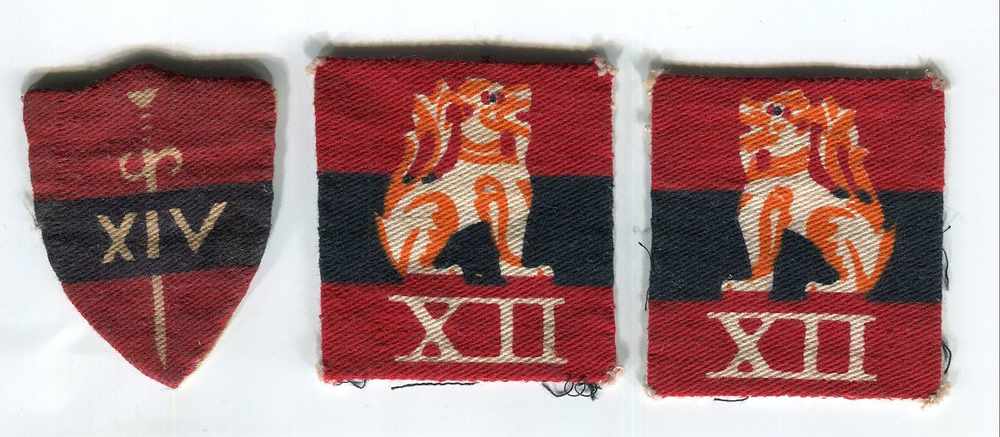
- The British 14th Army was a multinational force made up of soldiers from Commonwealth countries, including a number from Jersey.
- The Forgotten Army was active between 1943 and 1945 and fought in the Burma campaign to defend India.
- It was the largest army in the Commonwealth with around half a million men.
- The majority of the army was built around the British Indian Army, which was stated to be the largest all-volunteer army in history with 2,500,000 men.[/breakout]
A plaque was yesterday unveiled at lower Mount Bingham during a service and wreath-laying ceremony. Chief Minister Ian Gorst and Deputy Bailiff Tim Le Cocq were among those who laid wreaths.
Speaking before yesterday’s event, Mr Le Cocq said: ‘I am delighted to be attending this special event to commemorate those who served in the Forgotten Army, especially as this is being held during the 70th year of Liberation.
‘It is entirely appropriate that those Islanders who fought in Second World War conflicts outside Europe are recognised in this way and that the Island remembers the contribution they made.’
The plaque, which reads ‘In memory of Islanders who served in the Burma campaign 1941-1945. Bravely endured’, was arranged by Jean McLaughlin, who runs a number of war memorial events.
The Burma campaign was fought to defend India and was notable for its difficult conditions, with the weather often either extremely hot or extremely wet in monsoon season.
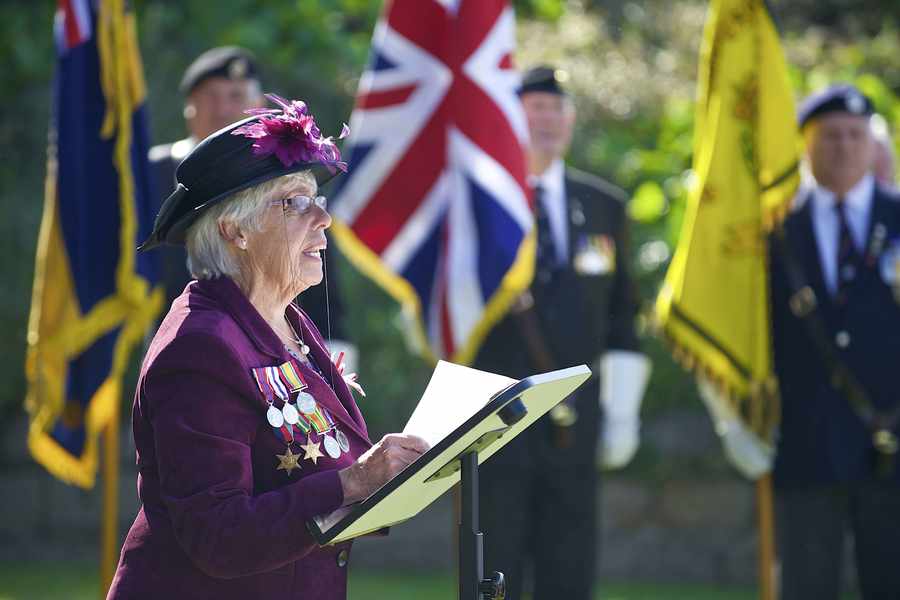
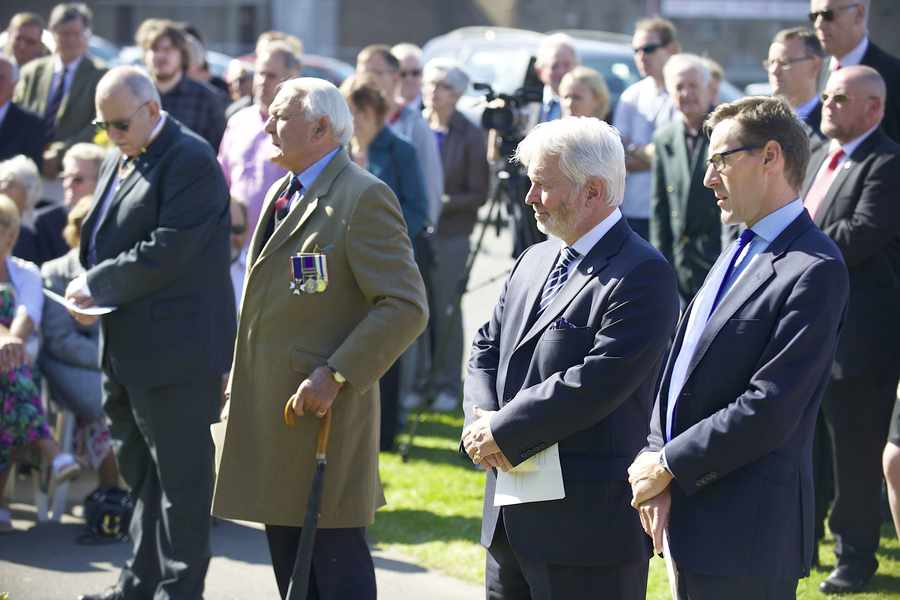
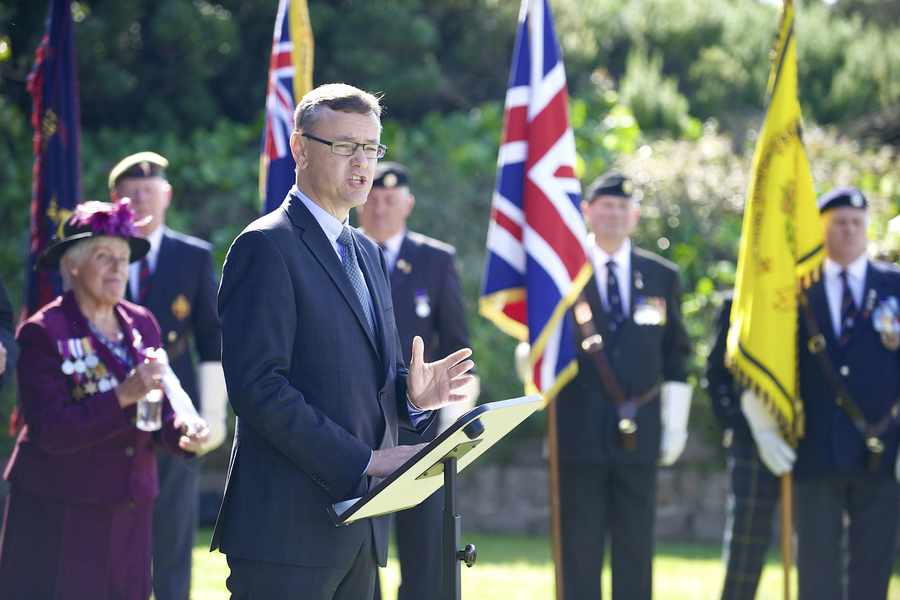
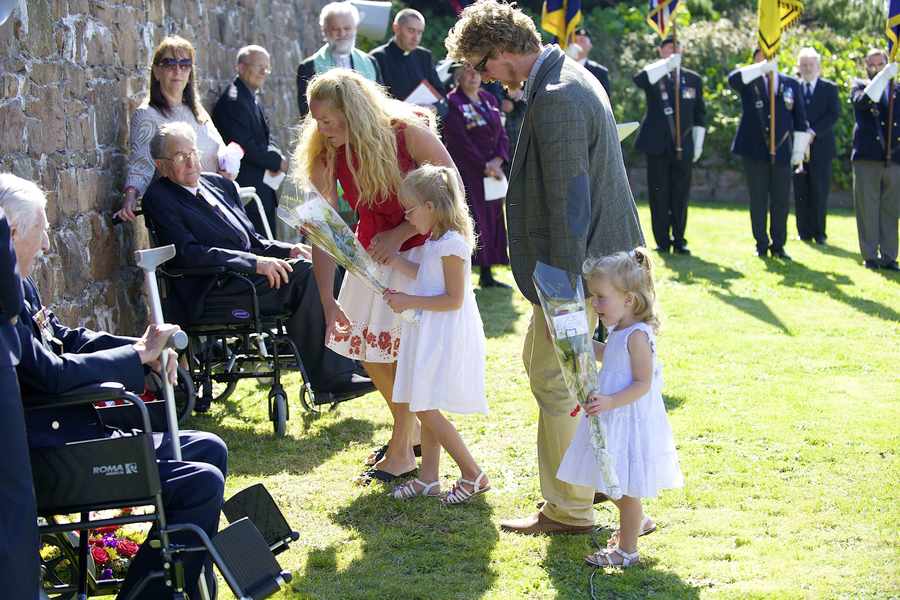
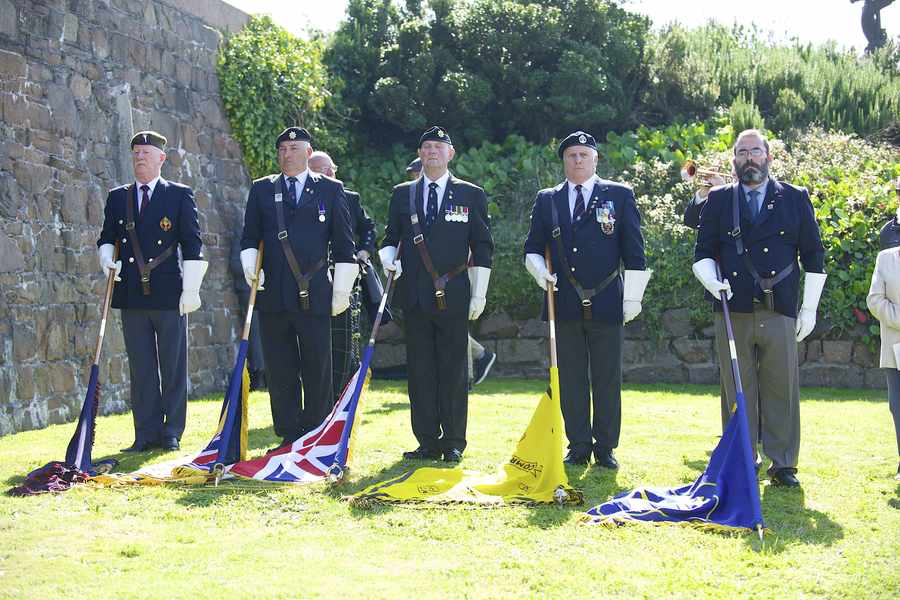
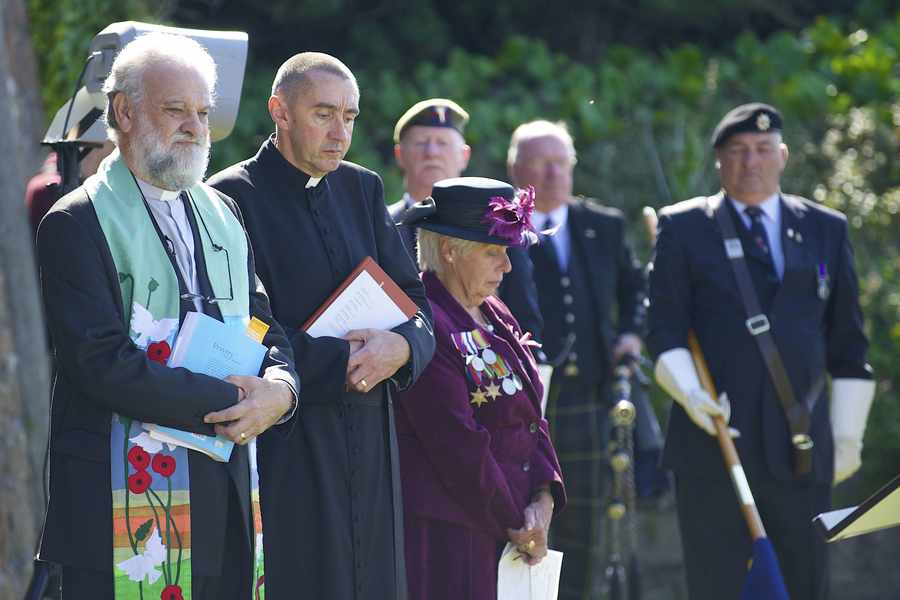
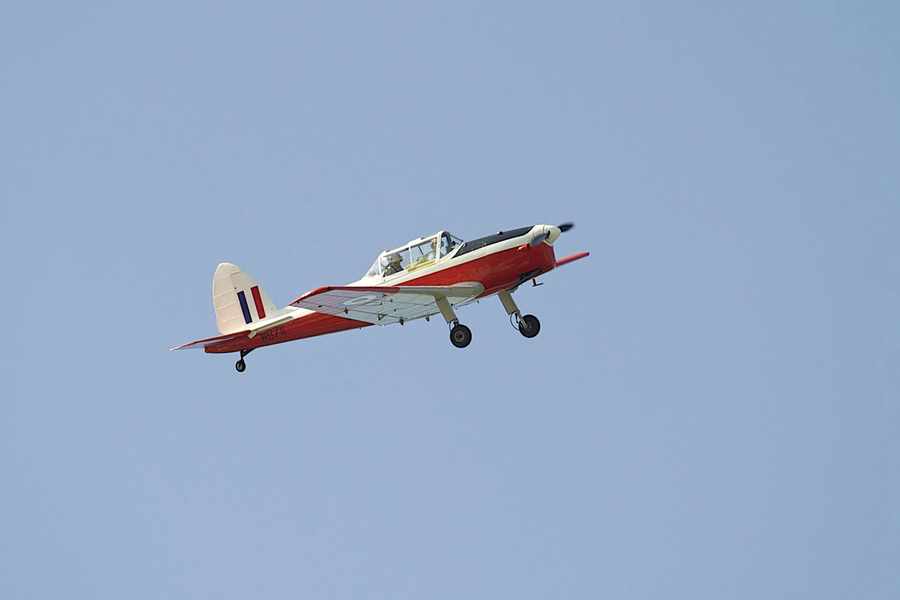
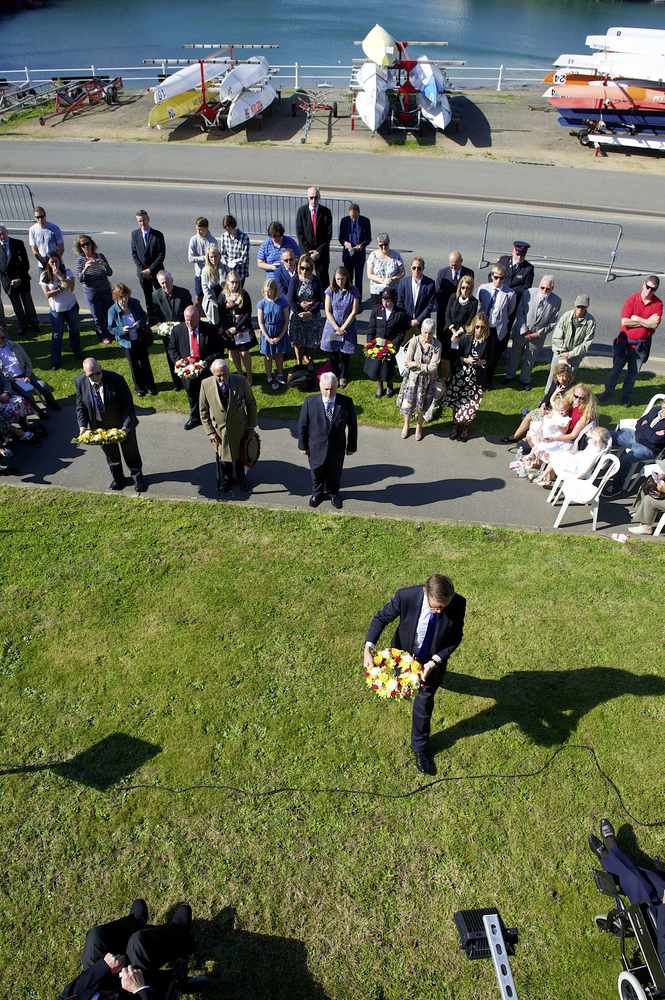
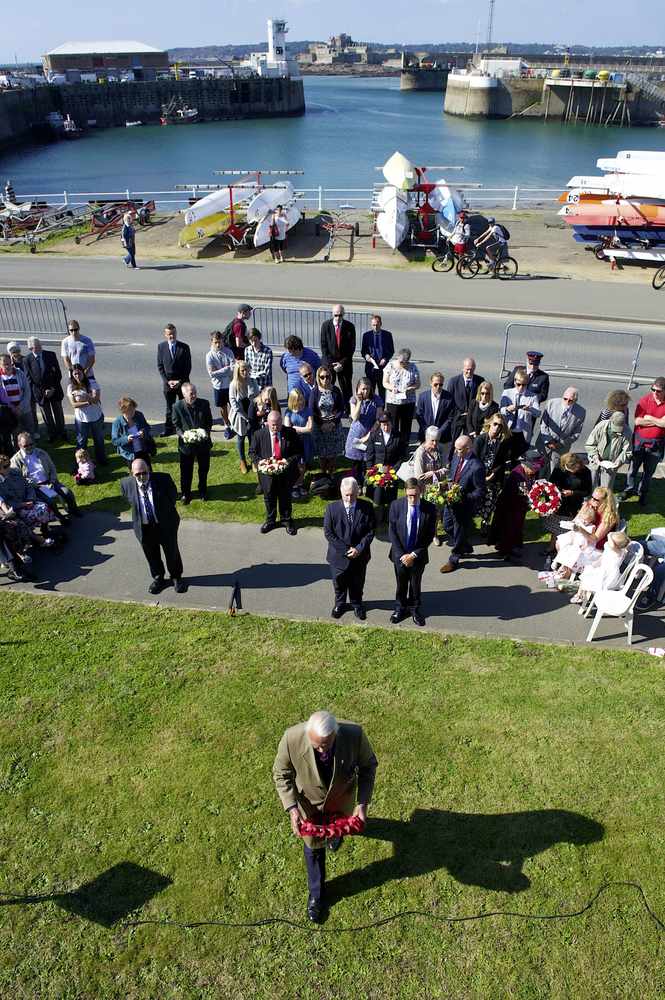
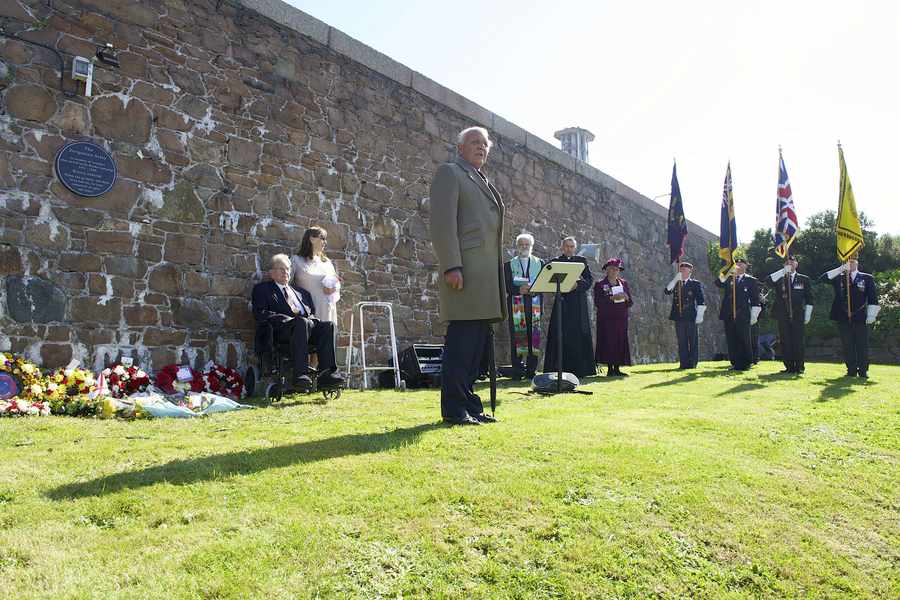
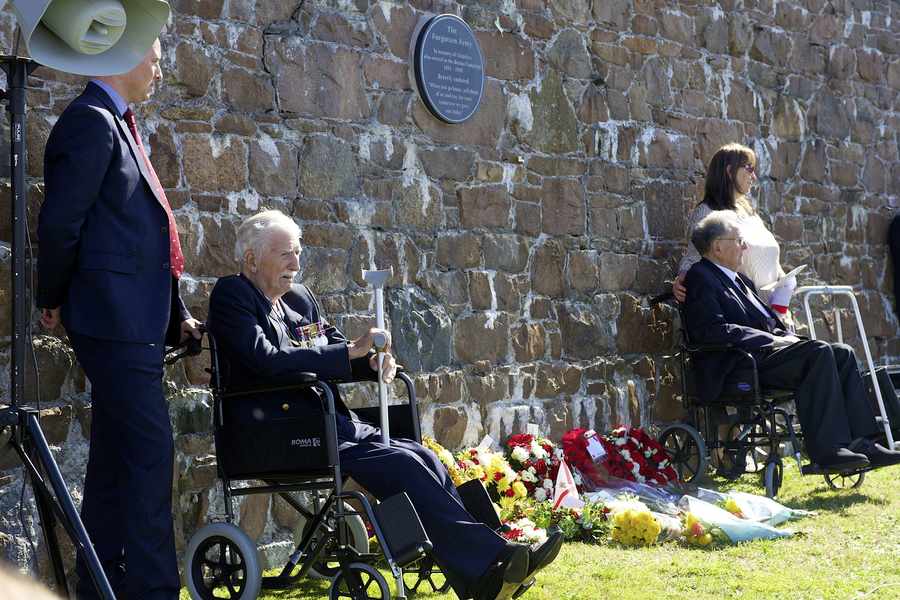
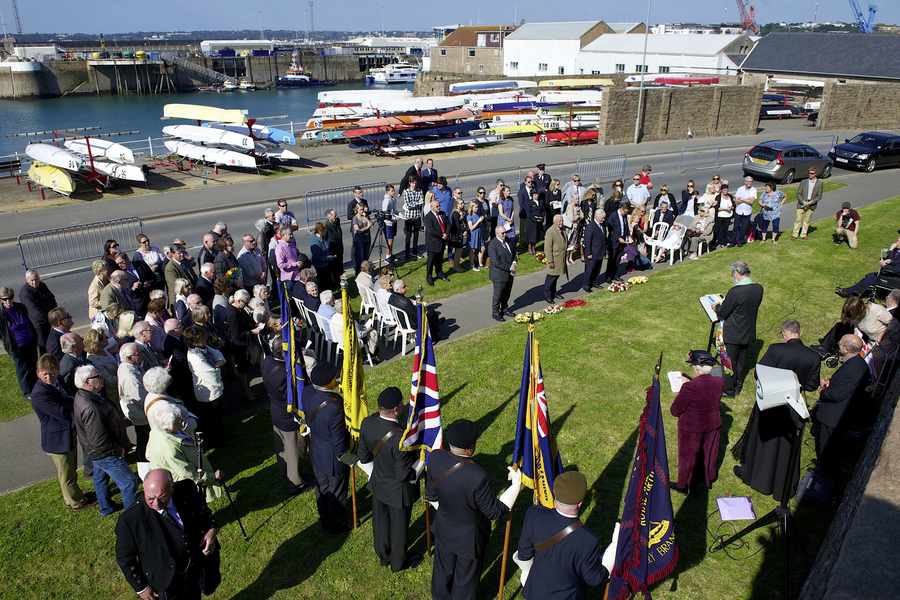
Veterans Captain Donald Mallet and Private Trevor Waugh unveiled the plaque.
‘We will remember them for the freedom that we all enjoy today and that they gave to us.’
Ian Ronayne, a local historian, said that the 14th army and the Burma campaign, is often forgotten as people remember other Second World War campaigns.
He added: ‘Yet, here we are today, celebrating them. They are certainly not forgotten.’
As well as the unveiling of the plaque, there was a procession from the Jersey Old Motor Club and a fly-past from a 1950 de Havilland Chipmunk, piloted by James Evans.






